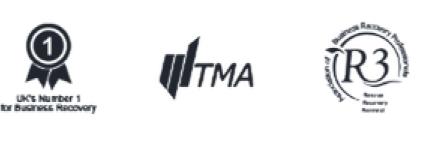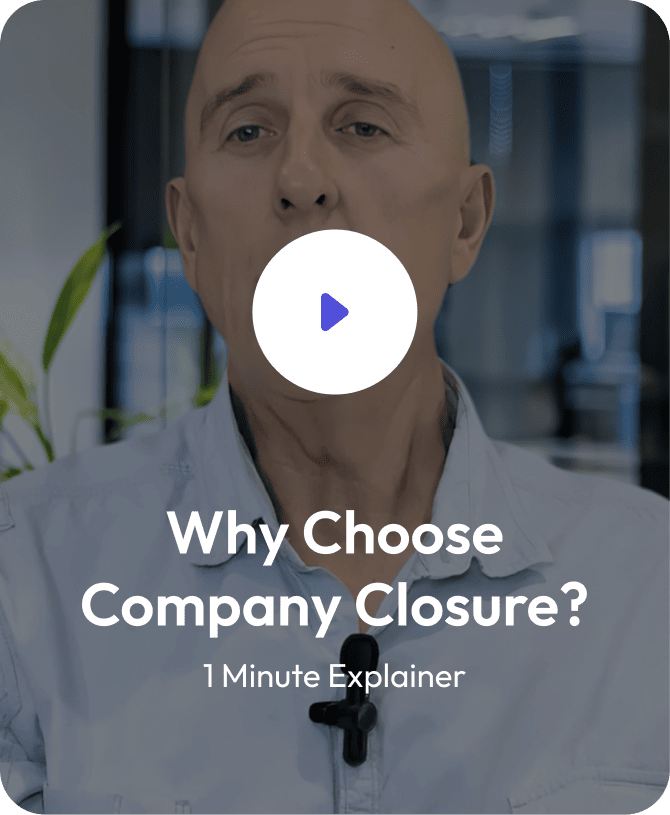Voluntary strike off
You can follow the voluntary strike off procedure using form DS01, which is available to download from the Companies House website. You’ll need to distribute company assets before it’s closed down, and you must not have traded for three months before your application is made.
Voluntary dissolution is unlikely to be the most suitable option if your company owns assets over £25,000, however. In this case, Members’ Voluntary Liquidation offers you a tax-efficient route. Additionally, voluntary strike-off is only suitable for businesses with no debts as the process can be challenged and suspended by any remaining creditors.
Members’ Voluntary Liquidation (MVL)
This is an official process that’s conducted by a licensed insolvency practitioner. The lower tax liability accessible through MVL is a significant benefit for you, as the money you extract from the business is taxed as capital.
You may be able to reduce your liability further if you’re eligible for a government scheme known as Business Asset Disposal Relief. This used to be known as Entrepreneurs’ Relief, and it lowers your effective rate of tax to 10%.
Members’ Voluntary Liquidation is appropriate for companies with no debts and the fact that it’s administered by a licensed insolvency practitioner ensures that all statutory requirements are met.
Creditors’ Voluntary Liquidation (CVL)
If you want to close down your company and retire but still owe money to creditors, you can do so using the Creditors’ Voluntary Liquidation process. This involves realising the value of business assets and using the proceeds to repay your creditors as far as possible.
It could be an option if you don’t want to continue in the business or feel that it would take too long to rebuild financial stability. Both forms of liquidation result in the company being removed from the Companies House register, allowing you to move on without the threat of it being restored by a creditor.
Seek professional guidance on closing your company at retirement
Ensuring that you use the correct method of closure is vital. The implications of following the wrong route include misconduct allegations and personal liability, and it’s advisable to seek professional guidance before proceeding.
Company Closure can provide expert advice on closing your company if you’re retiring, and we offer free consultations. We also operate an extensive network of offices around the country, so you’re never far away from professional support at this crucial time.
Need to speak to someone?
With multiple offices across the UK and a vastly experienced team of business closure experts, you are never far away from the advice you need. Our Licensed insolvency practitioners provide free consultations to all directors and shareholders, and can quickly ascertain which closure method is best for your business.
We are licensed by recognised professional bodies and have helped thousands of directors over many years. Contact us today for your free company closure consultation.
Related Posts
25,000+ Company Directors Supported – Partner Led Service
At Company Closure we have a nationwide team of licensed insolvency practitioners and company closure experts here to help you understand your options. Whether your company is solvent or insolvent, there is a closure method out there to suit you.
Call our team of licensed insolvency practitioners today:




